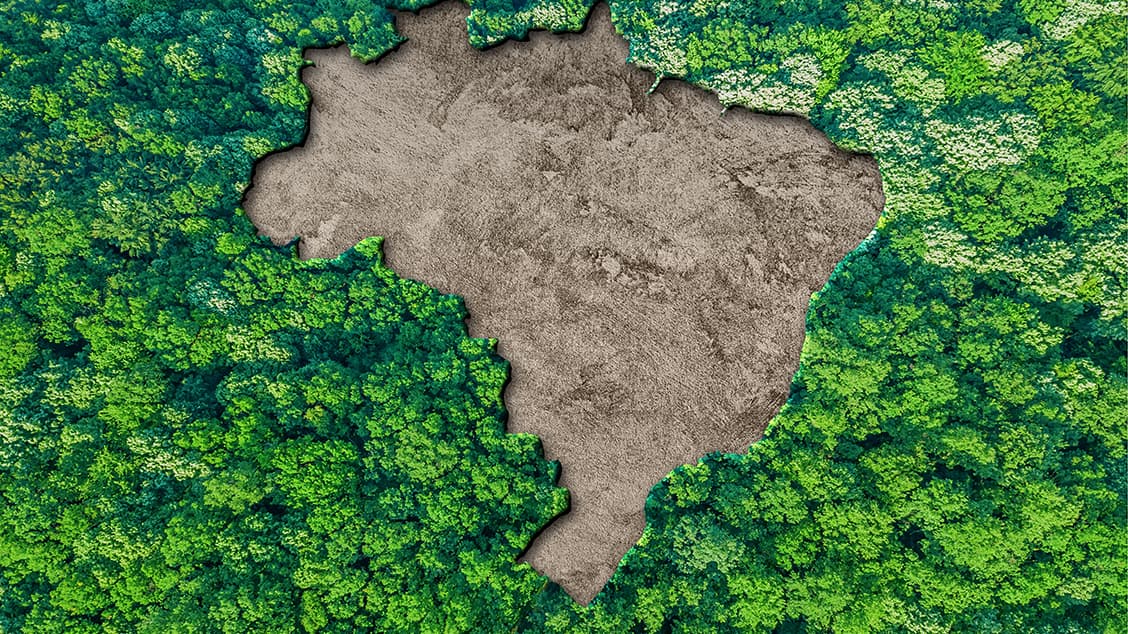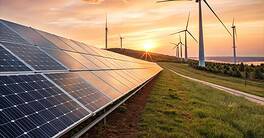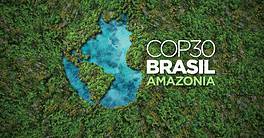When Luiz Inácio Lula da Silva returned to the Brazilian presidency. A year ago, many wondered how the Workers’ Party leader would fund his environmental campaign promises.
The answer came last month, when Brazil’s National Treasury announced an inaugural green bond issuance. Brazil, which contains more than 58% of the Amazon rainforest within its borders, raised $2 billion in sustainable bonds with a 6.5% yield, set to mature in 2031.
The move signifies a new era for the world’s fifth-largest country, which plans to allocate the funds to initiatives that promote sustainability: something S&P Global predicts will become only trendier in the future.
Sovereign-backed bonds tied to sustainability goals are expected to become more commonplace than any other issuer type, especially in Latin America. Brazil is the eighth country in the region to issue so-called green, social, and sustainable (GSS) bonds. Chile reportedly has issued $30 billion worth since 2019; GSS-labeled bonds now make up 29% of its government debt stock.
Across the globe, issuances of these kinds in the first half of 2023 reached nearly $94 billion, compared to $48 billion in the first half of 2022. European issuers contributed some 64% of the total, followed by 16% from Asia-Pacific. S&P expects sovereign GSS bond issuance in 2023 to break the 2021 record of $117 billion.
While Brazil’s effort is notable, it’s baby steps, according to a report published this year by the International Energy Agency (IEA).
To achieve net zero emissions by 2050, the IEA calculates emerging markets will need about $2 trillion in financing for clean energy, annually, by 2030. So far, they’ve collected less than $30 billion since 2015. This stark disparity underscores the significant shortfall in financing required to address pollution in developing economies.
Still, Brazil’s focus on climate change today is a far cry from where it was in 2022. Deforestation in the Amazon, for example, decreased by more than 22% in the first seven months of 2023, according to Brazil’s National Space Research Institute. This marked the first time annual deforestation in the Amazon has fallen below 10,000 square kilometers since 2018 and throughout the tenure of Lula’s predecessor, Jair Bolsonaro.




